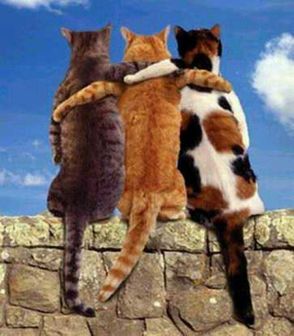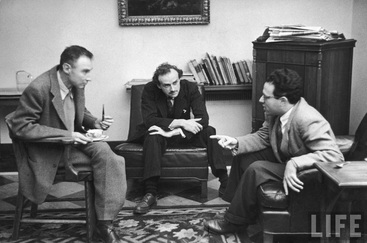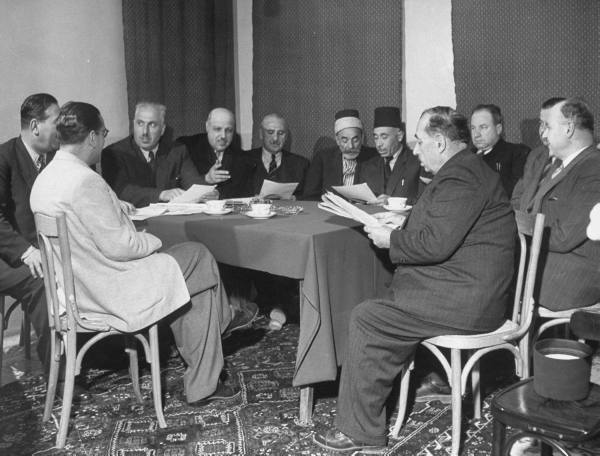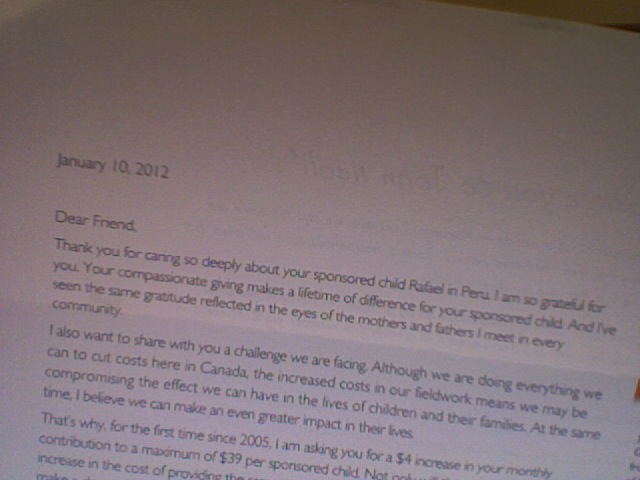
Have you ever had a friend who worked as a professional fundraiser who approached you about a (major) gift for an organization that you don't normally support?
Since this hasn't happened to me yet, I'm not sure how it feels - was it uncomfortable? completely welcome?
What I have seen before are charities who ask about a fundraiser's personal connections in the donor community. "Did you work with donor X in previous role and would you be able to approach them and others on behalf of new charity?" To me, that question is a huge red-flag for me as a professional.
To be honest, I'm not sure what others have experienced and whether my position is the correct one, but I want to share my own thoughts on this - with the strong caveat that what I'm talking about here is a very small number of charities and fundraisers/consultants and I'm mainly focused on significant donations.
It's not easy to find the right fundraiser or consultant. You are looking to hire someone who is not only professionally competent (in a profession that is not always well-understood by the general public) but who can represent a cause-based brand in a compelling way.
I would suggest to organizations that they should be looking for a fundraiser who is extremely well-connected. BUT, the key here is in which circle.
Fundraisers with lots of personal friends are not as valuable for your organization as fundraisers with lots of professional connections in the non-profit sector. LinkedIn is a good place to glimpse at this network, but don't forget to dig deeper and look at relevance of contacts vs. sheer number. My development contacts on the site are more important in this case than my mortgage broker.
A strong professional network means that the person can grab legal information, a second opinion on a strategy or a form/template/document in minutes. This helps me to do my work better, faster and cheaper and to understand how I can keep the organization I represent operating within the standards set by the non-profit industry nationally.
Personal friends, and even powerful or wealthy ones, might give for a time to causes I ask them to support, but ultimately, they are giving to support me rather than the organization. How many times have we seen organizations that were 'on a roll' with their programs until that 'great fundraiser who knew everyone' moved on along with his/her rolodex?
Charities should be looking for individuals who will take a look at the donors, volunteers and advocates that they already have and the new friends they might want to make and be able to identify, sort, initiate, build and manage those friendships. When I see a list of existing donors that have not been engaged at a high level, what I offer the organization is the ability to prioritize and develop those relationships. My practice is to act as a matchmaker and build long-term connections in the community that don't rely on my personal relationships.

Let's face it, we're more likely to be interested in learning about something because a friend approaches us about it and tells us why it's important to them.
But, there's a boundary here that needs to be drawn.
When a board member or volunteer who you know makes an intro to you about a charity or campaign and then passes you into the hands of the fundraiser to make the case and ask for support, there is a chance to step away from your personal relationship with the board member. It allows the decision to become donor-centered and based on the fit with the cause. You can say "no" and not lose face. You can hold the fundraiser accountable and not your friend for the use of your gift.
Evaluating "friendraising" as a donor is another good indicator of whether you should be investing in a particular cause. Has the charity hired your friend to drum up business from his/her personal contacts as their main activity? If so, then consider carefully whether this is a sign for you that this organization's mission can stand on its own or whether it rests on your friend's reputation? What happens when you're friend moves on? Will you continue to receive donor reports and contacts? What are they doing to invest themselves in building direct relationships that will be lasting and sustainable? How does that reflect on how the rest of the organization is being built and managed?



 RSS Feed
RSS Feed
